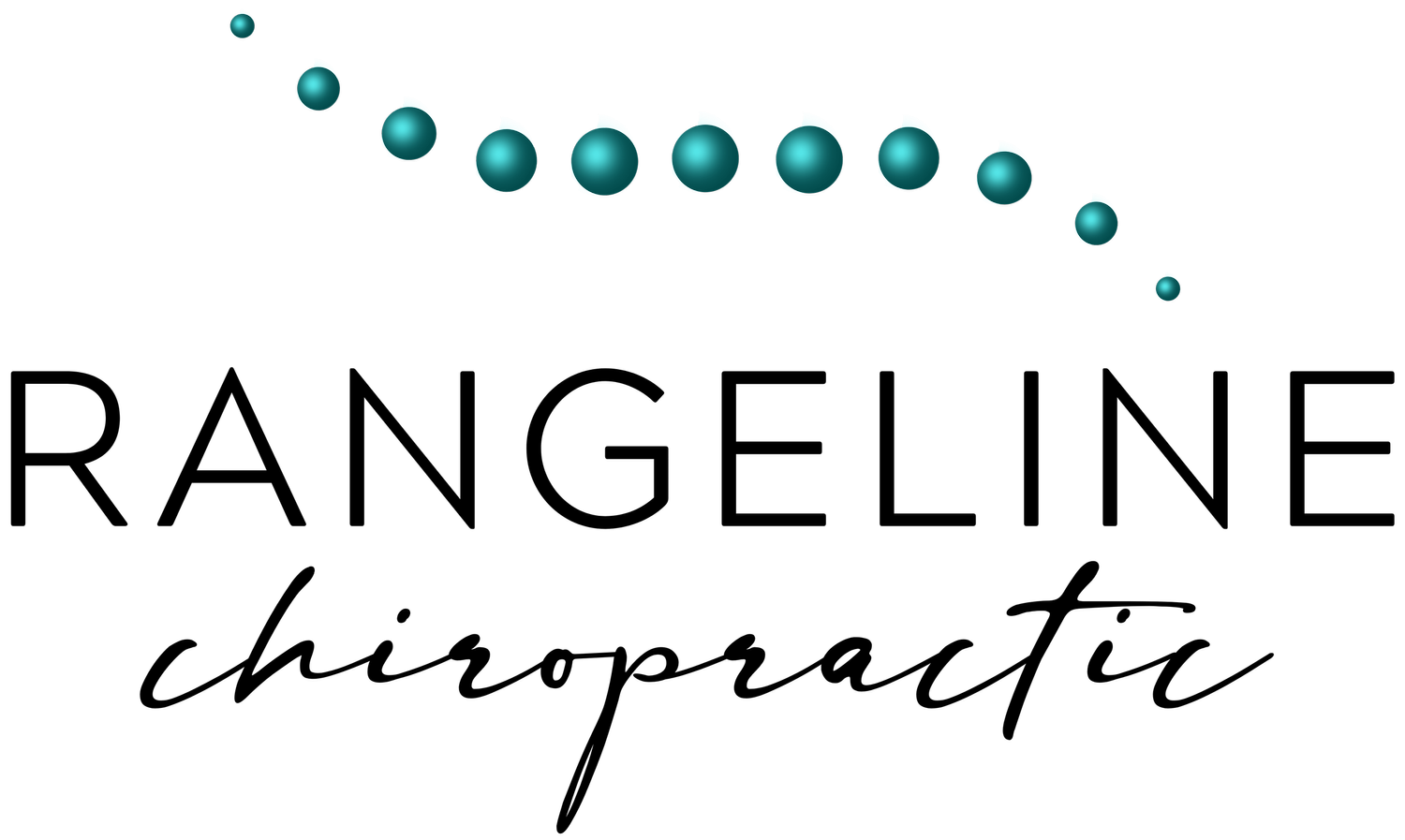Finding Relief: How Chiropractic Care Eases Neuropathy Symptoms
Understanding Neuropathy and Its Challenges
Neuropathy, a condition characterized by nerve damage, can bring about debilitating symptoms ranging from tingling and numbness to sharp pain and muscle weakness. While traditional treatments often focus on medication management, many individuals are seeking alternative therapies to alleviate their discomfort and improve their quality of life. One such avenue gaining attention is chiropractic care, renowned for its holistic approach to addressing various health concerns, including neuropathy.
How Chiropractic Care Helps
Chiropractic care primarily revolves around spinal adjustments, aiming to restore proper alignment and function to the nervous system. Since neuropathy often stems from nerve compression or irritation, particularly in the spine, chiropractors focus on relieving this pressure through targeted adjustments. By realigning the spine, chiropractic adjustments can alleviate tension on affected nerves, thereby reducing neuropathic symptoms.
Complementary Therapies for Neuropathy
Chiropractors may employ complementary techniques such as massage therapy, stretching exercises, and electrical stimulation to enhance the efficacy of treatment. These adjunct therapies work synergistically with spinal adjustments to alleviate muscle tension, improve circulation, and promote nerve regeneration, fostering a conducive environment for healing.
Personalized Treatment Plans
Chiropractic care emphasizes a personalized approach, with treatment plans tailored to the unique needs and preferences of each patient. This individualized attention ensures that underlying issues contributing to neuropathy, such as poor posture, spinal misalignment, or muscle imbalances, are effectively addressed, leading to long-term symptom relief and improved functional outcomes.
Evidence and Patient Outcomes
Research supporting the efficacy of chiropractic care for neuropathy continues to emerge, with studies demonstrating promising results. Patients report significant reductions in pain, tingling, and numbness following chiropractic interventions, along with improvements in mobility and overall well-being. Additionally, chiropractic care offers a non-invasive and drug-free alternative to conventional treatments, minimizing the risk of adverse side effects and dependency on medication.
In Conclusion
Chiropractic care presents a holistic and effective approach to managing neuropathy symptoms. By addressing underlying spinal issues and promoting nervous system function, chiropractors help patients find relief from the debilitating effects of neuropathy, enhancing their quality of life and restoring their ability to engage in daily activities with comfort and ease.
